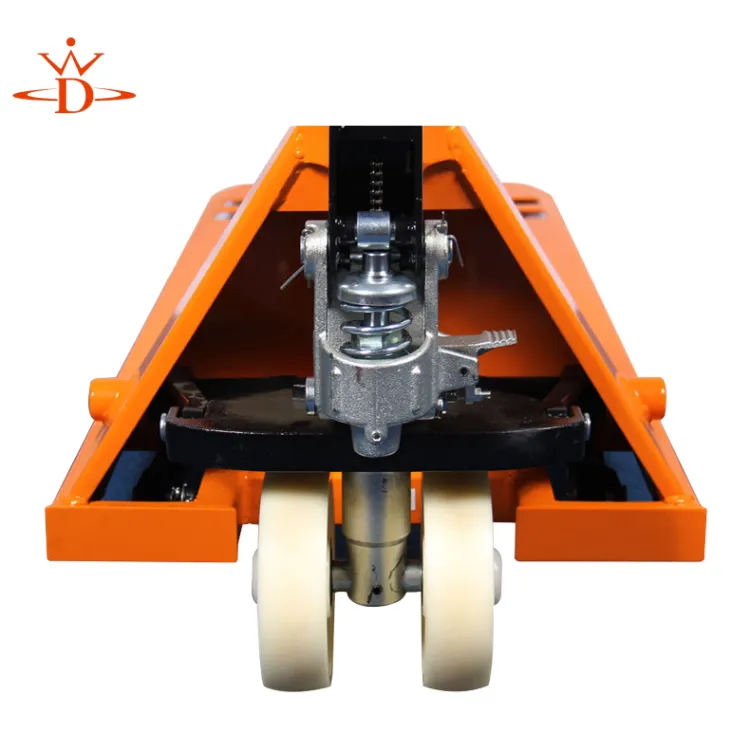homemade gantry crane
Building a Homemade Gantry Crane A Step-by-Step Guide
Creating a homemade gantry crane can be a rewarding project that allows you to lift heavy materials with ease. Whether you're working in a workshop, garage, or an outdoor setting, a gantry crane provides you with the capability to move items safely and efficiently. This article will guide you through the process of building your own gantry crane from readily obtainable materials.
Understanding the Gantry Crane
A gantry crane consists of a framework that supports a hoist, which can move along the horizontal beam. It is typically used in manufacturing, warehousing, and workshop applications for lifting and transporting heavy objects. The structure’s design allows for a stable, mobile lifting system, which can be adjusted according to your needs.
Materials Needed
Before starting your project, gather the following materials - Steel or aluminum tubing (for the framework) - A hoist (manual or electric) - Heavy-duty casters (for mobility) - Bolts and nuts - A power drill - A welding machine (if welding is necessary) - A measuring tape - A level - Safety equipment (goggles, gloves)
Step 1 Design Your Crane
Begin by sketching the design of your gantry crane. Consider the height and span you need based on the items you intend to lift. A typical design includes - Two vertical posts - A horizontal beam between the posts - Reinforcement at the base for stability
Make sure to take precise measurements to ensure the crane’s functionality and safety
.Step 2 Cut the Materials
Using your design, cut the steel or aluminum tubing to the required lengths - Vertical Posts Generally around 8 to 10 feet, depending on your lifting needs. - Horizontal Beam This should span the distance between the two posts, typically 6 to 12 feet. - Cross Bracing Include diagonal support pieces to add stability.
Step 3 Assemble the Frame
homemade gantry crane

Start assembling the frame 1. Attach the vertical posts to the base supports. If necessary, weld or bolt them in place to create an appropriate structure that can bear the load. 2. Attach the horizontal beam to the tops of the vertical posts. Make sure the beam is level and is securely fastened. 3. Install cross bracing between the vertical posts for added stability. This will prevent the crane from swaying while in use.
Step 4 Add the Hoist
Once your frame is assembled, position the hoist on the beam. Depending on the type of hoist (manual or electric), follow the manufacturer’s instructions for installation. Ensure that the hoist is securely attached and can move freely along the beam.
Step 5 Install Casters
To make your gantry crane portable, attach heavy-duty casters to the base supports. Ensure that the casters are rated for the weight you plan to lift. This feature will allow you to move the crane easily when needed.
Step 6 Safety Checks
Before using your gantry crane, perform a thorough safety inspection - Ensure all bolts are tightened securely. - Check the hoist and ensure it operates smoothly. - Test the stability of the crane by applying weight gradually.
Step 7 Using Your Gantry Crane
When you’re ready to use your crane, follow these guidelines - Always operate the hoist within its weight capacity. - Ensure the area around the crane is clear of obstacles. - Use proper rigging techniques when lifting objects. - Never exceed the crane’s capacity to avoid accidents.
Conclusion
Building a homemade gantry crane requires careful planning and execution, but the end result can greatly enhance your lifting capabilities. By following these steps, you can create an efficient and safe lifting system tailored to your specific needs. Always remember to prioritize safety during the construction and use of your gantry crane, and enjoy the newfound freedom of elevated lifting in your workshop or garage!
-
Unlock Seamless Relocation with Our Heavy Equipment Moving ExpertiseNewsJun.06,2025
-
Unleash Unrivaled Flexibility with Our Adjustable Gantry CraneNewsJun.06,2025
-
Unleash Heavy-Duty Efficiency with Our Industrial Gantry Crane SolutionsNewsJun.06,2025
-
Revolutionize Steel Handling with Our Magnetic Lifter RangeNewsJun.06,2025
-
Master Equipment Mobility with Premium Machinery Mover SolutionsNewsJun.06,2025
-
Elevate Your Material Handling with Magnetic Lifter TechnologyNewsJun.06,2025
-
YS Permanent Lifting Magnets: The Smarter Way to Handle SteelNewsMay.22,2025
